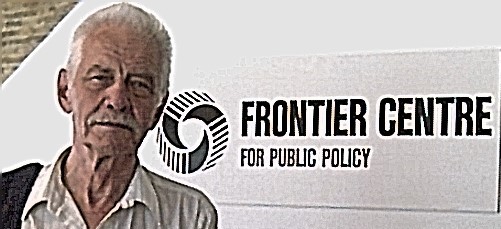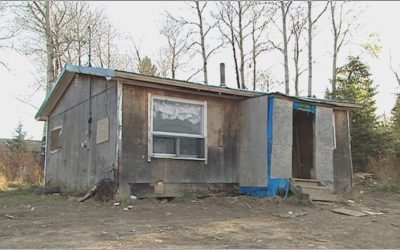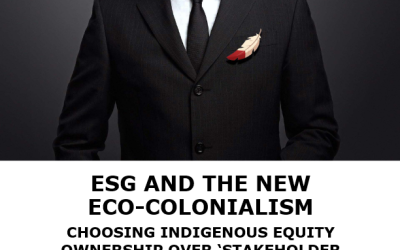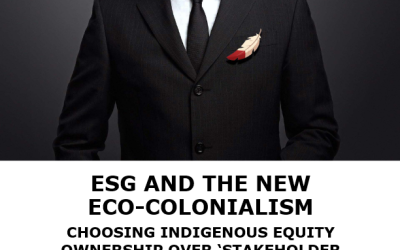 With the recent passing of Jean Allard (December 5, 2020), our country has lost one of our boldest thinkers.
With the recent passing of Jean Allard (December 5, 2020), our country has lost one of our boldest thinkers.
Jean Allard was a descendent of Red River settlers and was deeply involved with Manitoba’s Métis community and the political development of Canada’s Aboriginal population. Over his life he had been a Winnipeg lawyer, businessman with a stint in politics, elected in 1969 as a Member of the Manitoba Legislature for the constituency of Rupertsland, and served as parliamentary secretary to the premier in Ed Schreyer’s NDP government.
Allard was no friend of Canada’s moribund and backward looking status quo Aboriginal policy. He argued that the vast majority of treaty Indians are left out of genuine power-sharing by a small elite of activists, politicians, administrators, middlemen, and well-connected entrepreneurs, who are corrupted by the vast sums of money at their disposal. It was in their interest, just as it served the bureaucratic empires that preceded them, to keep their people in poverty.
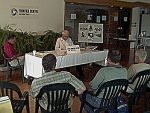 Jean Allard presented his modernized personal annuity idea to a Frontier seminar audience back in July 2002. He proposed that about half of the money stream now flowing into reserves be redirected to individuals, in the form of a modernized personal annuity, by expanding existing treaty payments from $5 a year to $5,000 per capita, a conversion formula that roughly parallels the increase in value in treaty land grants over the last century. That change (in 2002) would have diverted about half the budgets now allocated to treaty natives away from their purported leaders and into their pockets. Allard felt this policy change would make a better fit with Aboriginal history than the hierarchical, top-down system imposed through the Indian Act.
Jean Allard presented his modernized personal annuity idea to a Frontier seminar audience back in July 2002. He proposed that about half of the money stream now flowing into reserves be redirected to individuals, in the form of a modernized personal annuity, by expanding existing treaty payments from $5 a year to $5,000 per capita, a conversion formula that roughly parallels the increase in value in treaty land grants over the last century. That change (in 2002) would have diverted about half the budgets now allocated to treaty natives away from their purported leaders and into their pockets. Allard felt this policy change would make a better fit with Aboriginal history than the hierarchical, top-down system imposed through the Indian Act.
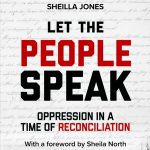 Over the years, his enormously bold idea was further developed in different forums, including the Frontier Centre. One of the Centre’s first long papers provides a succinct overview – see Deconstructing the Aboriginal Problem. Most recently Allard’s ideas were further developed in the book Let the People Speak by Winnipeg author Sheilla Jones which was supported and funded by the Frontier Centre.
Over the years, his enormously bold idea was further developed in different forums, including the Frontier Centre. One of the Centre’s first long papers provides a succinct overview – see Deconstructing the Aboriginal Problem. Most recently Allard’s ideas were further developed in the book Let the People Speak by Winnipeg author Sheilla Jones which was supported and funded by the Frontier Centre.
Allard pulled no punches in criticizing the dysfunctional state of many Indigenous communities – especially in the area of governance – and he was opposed to the trajectory of Indigenous policy in Canada. He felt that Canada had made some significant historic mistakes in disempowering Indigenous individuals and families for the sake of the collective.
Indigenous policy in Canada remains a backward-looking, increasingly identity politics-obsessed mess that ignores real problems on reserves in favour of symbolic politics and divisive policies. Jean Allard’s life stands as a beacon of hope for today’s Indigenous world. Politicians and policy makers would be wise to recall his legacy and what he stood for as they move into the future.
Peter Holle is the President of Frontier Centre for Public Policy
